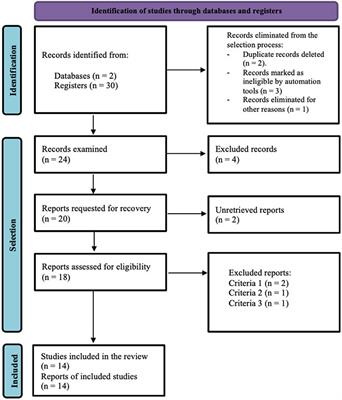REVIEW
Published on 18 Apr 2022
Trends of Active Learning in Higher Education and Students’ Well-Being: A Literature Review

doi 10.3389/fpsyg.2022.844236
- 16,633 views
- 24 citations
11k
Total downloads
56k
Total views and downloads
Select the journal/section where you want your idea to be submitted:
REVIEW
Published on 18 Apr 2022

ORIGINAL RESEARCH
Published on 16 Mar 2022

SYSTEMATIC REVIEW
Published on 11 Mar 2022

ORIGINAL RESEARCH
Published on 09 Mar 2022

BRIEF RESEARCH REPORT
Published on 11 Oct 2021

ORIGINAL RESEARCH
Published on 12 Aug 2021

ORIGINAL RESEARCH
Published on 21 May 2021


Frontiers in Education
Educational PsychologyOffline